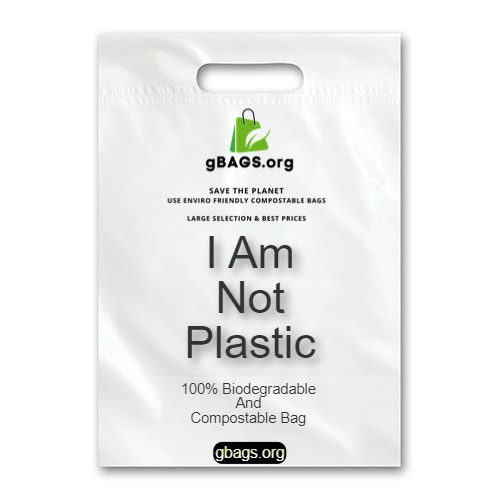Introduction:
As the harmful effects of single-use plastic on the environment become more evident, individuals play a crucial role in curbing plastic pollution. By making conscious choices and adopting sustainable practices, we can significantly reduce our consumption of single-use plastic in our daily lives. This article explores practical ways individuals can minimize their reliance on single-use plastic and highlights the importance of reusable bags, or Gbags, as a simple yet impactful solution to the plastic waste crisis.
1. Carry Your Gbag Everywhere:
One of the easiest and most effective ways to reduce single-use plastic is by carrying your Gbag wherever you go. Whether you are heading to the grocery store, running errands, or going to work, having a reusable bag on hand allows you to avoid using plastic bags provided at stores. By incorporating this habit into your routine, you can save countless plastic bags from entering the waste stream.

2. Refuse Single-Use Plastic Straws:
Straws are among the most commonly used single-use plastic items, often ending up in our oceans and harming marine life. When dining out or ordering drinks, make it a habit to refuse plastic straws or carry your reusable straw, such as a stainless steel or silicone straw. Opt for drinks without straws whenever possible or choose establishments that offer eco-friendly alternatives.
3. Invest in a Reusable Water Bottle:
Plastic water bottles are a significant contributor to plastic pollution, with billions discarded each year. By investing in a high-quality reusable water bottle, you can eliminate the need for single-use plastic bottles. Stainless steel or glass water bottles are excellent choices as they are durable, easy to clean, and free from harmful chemicals found in some plastic bottles.
4. Say No to Disposable Cutlery:
Takeaway meals often come with disposable plastic cutlery. To reduce waste, carry your reusable cutlery set or invest in lightweight, portable options made from bamboo or stainless steel. These eco-friendly alternatives are easy to clean and can be reused multiple times, eliminating the need for single-use plastic utensils.
5. Choose Gbags for Produce:
When shopping for fruits and vegetables, avoid using plastic bags provided at grocery stores. Instead, bring your Gbags to carry produce. Mesh or cloth bags are ideal for this purpose as they are lightweight, breathable, and can be washed and reused repeatedly. This small change can have a significant impact on reducing plastic waste.

6. Support Eco-Friendly Companies:
Support companies that prioritize sustainability and offer plastic-free or reduced-plastic packaging. Seek out brands that use eco-friendly materials and participate in recycling initiatives. By supporting such companies, you send a message to the market that sustainable practices are important to consumers.
Conclusion:
Reducing our consumption of single-use plastic is an essential step towards combatting plastic pollution and preserving the environment. By incorporating simple yet impactful changes into our daily lives, we can collectively make a significant difference. Gbags, in particular, stand out as an accessible and eco-friendly solution to reduce reliance on single-use plastic bags.
By carrying our Gbags everywhere, refusing single-use plastic straws, investing in reusable water bottles, saying no to disposable cutlery, choosing Gbags for produce, and supporting eco-friendly companies, we can shift towards a more sustainable lifestyle.
Each individual’s actions, no matter how small, contribute to a larger collective effort to protect the planet for future generations. Let us embrace Gbags and other sustainable alternatives, demonstrating our commitment to a cleaner, greener, and plastic-free world. Together, we can be agents of positive change, driving towards a future where single-use plastic is no longer a threat to our environment.
